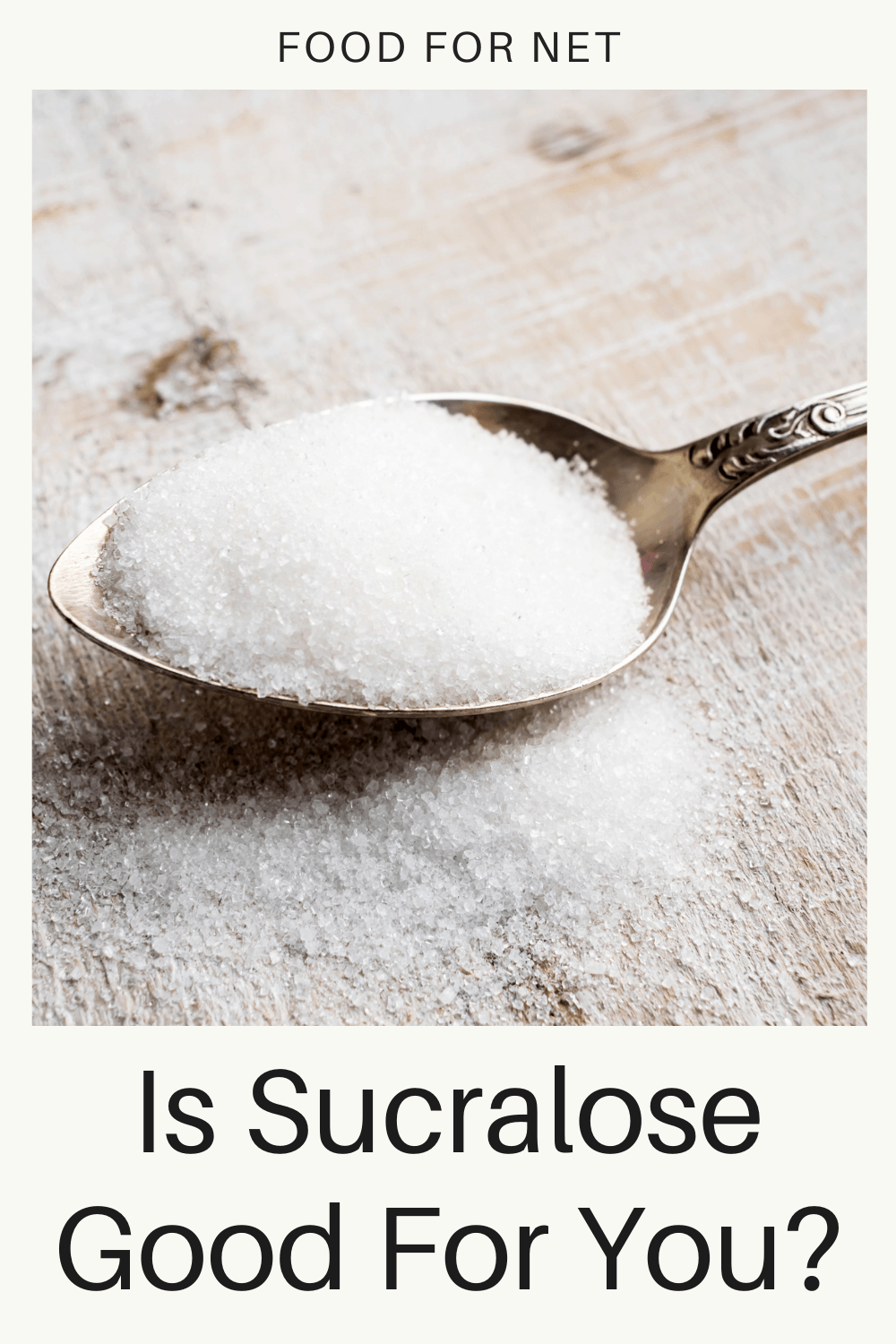
In many ways, sucralose seems simply amazing. The artificial sweetener helps to make your foods and drinks sweet, without adding any calories or having the blood sugar effect that you get from regular sugar. But is sucralose good for you?
Sugar itself has been linked to many health problems, including increased risk of type 2 diabetes and obesity, along with high levels of inflammation.
Sucralose has also been through a decent amount of safety testing and doesn’t have a noticeable aftertaste. In contrast, stevia (which is a more natural sweetener) has a bitter aftertaste that’s tough to ignore.
Even so, sucralose itself is incredibly controversial. While some people see it as a fantastic ingredient, many others feel that it can cause some serious health problems, including digestive side effects and impacts on your gut bacteria.
That begs the question then, is sucralose good for you? Do the positive features outweigh the negative ones?
Is Sucralose Good For You?
- How Is Sucralose Made?
- The Good Features Of Sucralose
- How Sucralose Could Be Harmful
- Does Sucralose Cause Cancer?
- Is Sucralose Actually Dangerous?
- Sucralose Vs Stevia
- Is Sucralose Better Than Sugar?
- Final Thoughts
How Is Sucralose Made?
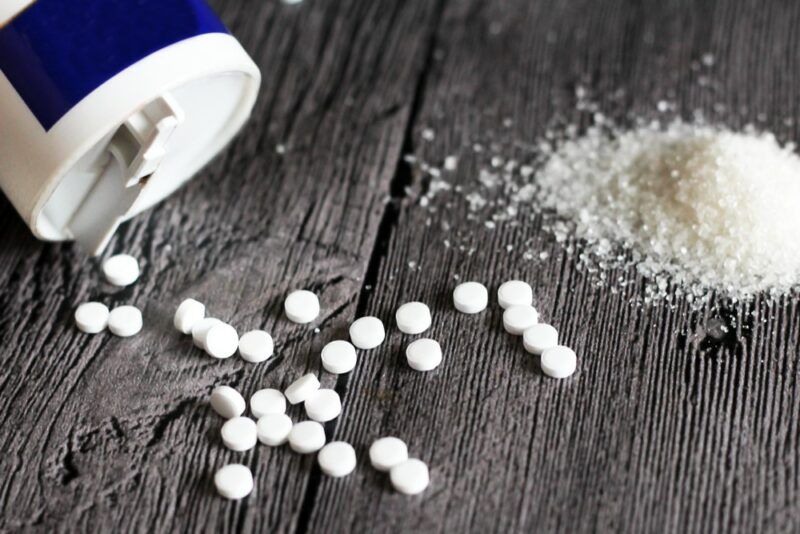
Sucralose is one of the most common sugar substitutes on the market. You’ll often find it in small yellow packets, sold under the brand name Stevia.
While sucralose is made from sugar, it’s considered an artificial sweetener, as it has been chemically modified. This modification makes sucralose around 600 to 650 times as sweet as sugar.
Yet, the chemical also passes through your body almost undigested, making it effectively free from calories. This effect is achieved by changing some of the natural hydroxyl groups in sugar for chlorine instead.
Regardless of what you feel about chemical modification, you have to admit, creating something that tastes like sugar without all the same properties is seriously impressive.
The Good Features Of Sucralose
Helps You To Avoid Sugar
Sucralose has up to 650 times the sweetness of sugar, yet contains no calories. This combination of features makes it a powerful way to sweeten foods, without ever relying on sugar.
The effect is critical, as sugar can increase levels of inflammation and excessive inflammation may contribute to the development of many diseases. The calories in sugar don’t help either and often lead to weight gain.
Plus, sugar is everywhere in the American diet. It’s hard to avoid, as it’s used in so many different foods, including ones that don’t seem like they should need sugar at all.
The sweetness of sugar is familiar and enjoyable, so cutting it out entirely is next to impossible for many people. Using a substitute like sucralose is a perfect solution, as you still get the sweetness you’re looking for, without the issues that come with sugar.
Because sucralose is so much sweeter than sugar, you don’t need to use much of it at a time. This helps to minimize any risks from the sweetener.
Makes Foods More Enjoyable
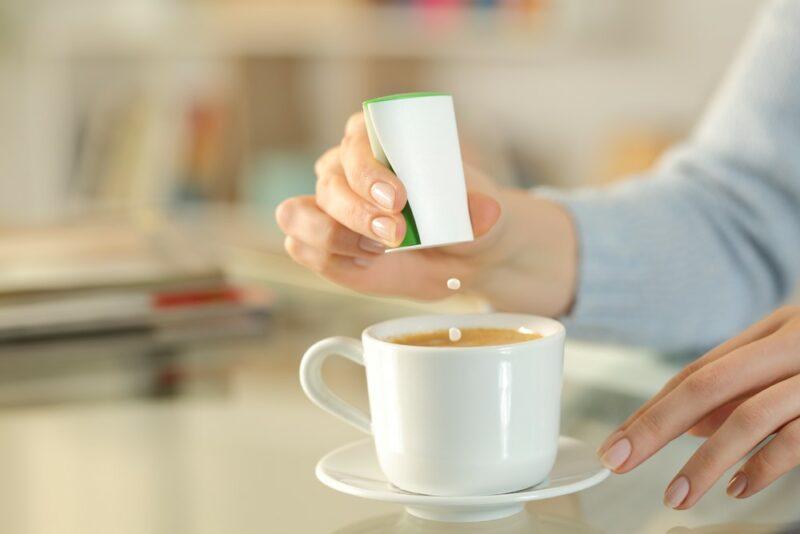
Let’s be honest, if you cut sweetness out of your drinks and recipes, you’d be left with plenty of bitterness and unappealing flavors. Sucralose gets around this issue entirely, making food taste good.
This feature is important for your health too, as it becomes much easier to prepare healthy foods and drinks that still taste good. For example, you can make low calorie homemade soda, which gives you the fizzy drink that you love and plenty of hydration, without all the sugar.
May Help With Weight Loss
Sucralose is highly relevant to weight loss. Simply using sucralose instead of sugar instantly decrease the calorie content of any drink or smack. What could be simpler?
This effect is particularly powerful when we consider something like soda. A 12 fl. oz can of Coca-Cola, for example, contains 140 calories, while sugar free Coca-Cola doesn’t contain any calories whatsoever.
Even if all you do is swap from regular soda to a sugar free version, you could drop your calorie intake down considerably, which makes weight loss easier.
Doesn’t Taste Bitter
Most alternative sweeteners have a bitter aftertaste. That’s not the case for sucralose because it is made from sugar.
The lack of bitterness is why you’ll see sucralose used so regularly. Indeed, to avoid sucralose, you need to actively read ingredients labels, as you won’t be able to detect it from taste alone.
It’s Been Studied Extensively
While there are concerns about sucralose (we’ll get to those soon), the sugar substitute has been studied more heavily than most others on the market. This means we have a good idea about its effects on the body and what we can expect.
In fact, sucralose has now been approved in more than 80 countries, many of whom would have done their own independent research. A high level of approval like this speaks to the confidence that researchers have in the sugar substitute.
How Sucralose Could Be Harmful
Could Make You Gain Weight Instead
While sucralose should help with weight loss, this isn’t always the case. Studies show mixed results here, with some linking sweeteners to increased weight loss, some showing no effect, and others showing increased weight gain instead.
Part of the problem is that sucralose doesn’t satisfy our sugar cravings in the same way that sugar does. Some people find that they still crave sugar just as strongly. If those cravings are substantial, you might just give into them, which entirely defeats the purpose of using sucralose.
There’s also the chance that sucralose stimulates appetite, so you end up eating more food than you would otherwise and packing on the pounds.
The mixed results for how sucralose influences weight suggests that responses are highly individual. You may need to experiment for yourself.
In particular, what effect does sucralose have on you? Does it give you a sweet hit that makes you feel satisfied or do you still crave ‘real’ sweets? If the latter is true, how strong is the effect? Is it something you’re likely to give into?
May Be Reactive At High Temperatures
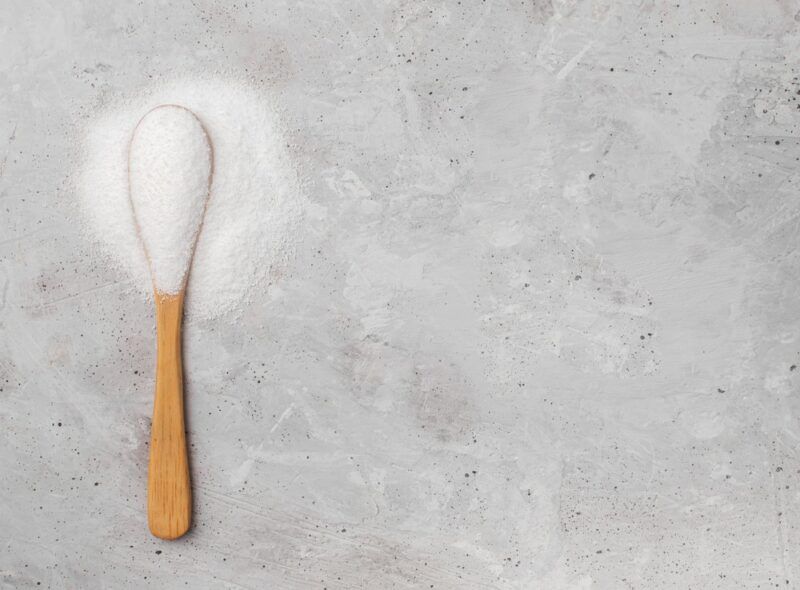
Splenda (sucralose + dextrose + maltodextrin) is commonly used as a baking ingredient, as it’s easy to use instead of sugar and seems to behave well at high temperatures. There are debates though, with some research suggesting that high temperature baking can release potentially carcinogenic compounds.
More research is needed to prove whether this happens and how strong the effect is. Still, in the meantime, it’s probably best to use a different sweetener when you’re cooking at above 350°F.
Could Harm Your Gut Bacteria
The bacteria in your gut have many roles, helping to boost your immune system, to keep your body functioning well, to and improve your digestion. In fact, researchers are still coming to grips with all that our gut bacteria do for our health.
Sucralose may cause serious problems here, by dramatically lowering the number of helpful bacteria.
May Cause Inflammation
Sucralose has been associated with increased inflammation as well. While inflammation does have important roles in our bodies, problems arise when inflammation becomes too high for extended periods.
High levels of inflammation can have a variety of negative effects, including increasing our risk of some diseases.
The link between sucralose and inflammation has mostly been studied in animals, not humans, so we still don’t know how significant this effect is. We also don’t know whether it’s more or less significant than the inflammation increase caused by sugar.
Still, even though the inflammation effect hasn’t been proven, it’s still concerning and is one more reason to be careful with your sucralose consumption.
May Still Influence Blood Sugar Levels
Non-nutritive sweeteners like sucralose are often used to help with your blood sugar levels, as they don’t cause blood sugar spikes like sugar.
However, this mightn’t always be the case. Some people may still see blood sugar effects from sucralose and similar sweeteners. This effect is more likely if you don’t use artificial sweeteners often.
All these effects show that sucralose isn’t benign. With it might not have the same pronounced outcomes that you see with sugar, it can still influence your health.
Does Sucralose Cause Cancer?
The risks we highlighted before all have some scientific backing. There are, however, plenty of other claims that you’ll see – particularly on social media. One of the most common is the idea that artificial sweeteners, including sucralose, increase cancer risk.
Yet, studies haven’t found any link between sucralose and cancer, not even in animals. Plus, some studies on the topic have looked at much higher levels of sucralose consumption than we’re ever likely to have, so we can be confident about this conclusion.
Is Sucralose Actually Dangerous?
Despite the potential risks, sucralose is still officially seen as being safe. There have also been many studies, most of which find that the risks of sucralose are very small, much smaller than sugar.
Still… the potential for negative effects remains.
This isn’t too surprising. Nutrition is complicated. We consume so many different compounds through our food and have plenty of differences in our genetics, diets, and lifestyle, all of which can change the way that given foods affect us.
There are certainly people who say that sucralose is dangerous.
Personally, that’s not the term I’d use. Instead, I’d say that sucralose has some risks and isn’t the healthiest ingredient out there. It’s also a useful choice in some situations and may already be used in some foods and drinks that you love.
Sucralose Vs Stevia
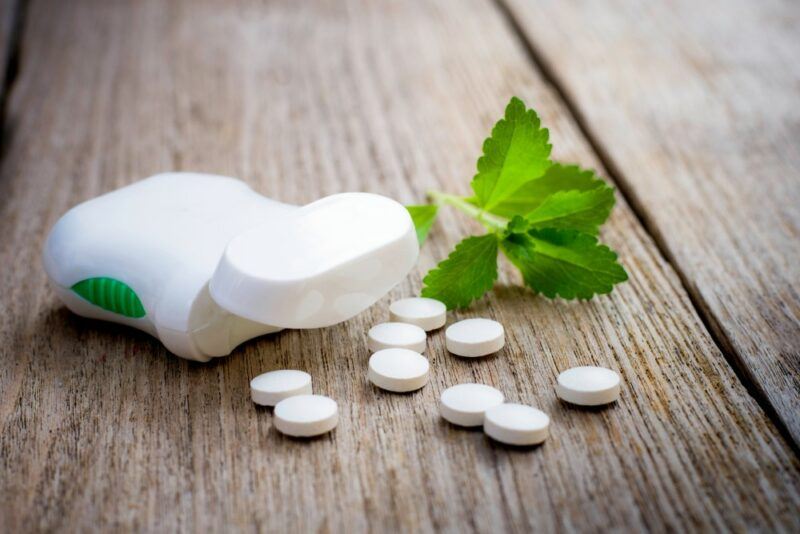
Stevia is another sugar substitute, one that’s often seen as being much safer than sucralose. Unlike sucralose, stevia comes from the leaves of the Stevia rebaudiana plant. It’s considered a natural sweetener, as it isn’t chemically modified and goes through much less processing than sucralose.
Both products make your food sweeter and help to decrease your reliance on sugar.
Stevia is generally seen as safer, partly because it is natural and partly because there have been fewer concerning studies for stevia than there have been with artificial sweeteners. Still… there are limits with stevia too.
The biggest problem is that most testing has focused on stevia extract, while many people rely on the leaves instead. There have also been relatively few long-term human studies on stevia, especially not at high levels of consumption. As such, there are more gaps in our knowledge than you might expect.
For most people, stevia will still be the best choice. Just be sure to pay attention to your body, so that you spot any problems early on.
Is Sucralose Better Than Sugar?
There are also debates about which you should choose – sucralose or sugar. Which is better for your health? What about sugar-based alternatives, like coconut sugar or honey?
There’s no simple answer.
Sugar can be very bad for you, especially in large doses, but other sweeteners could cause harm too, particularly artificial ones. Artificial sweeteners are also relatively new, so we don’t know as much about their long-term effects as we do about sugar.
The healthiest approach is to avoid sweetener altogether, but honestly, that’s not very realistic. We all look for some sweetness from time to time. Most commercial products also rely on some type of sweetener, whether that is sugar, sucralose, stevia, or something else.
Instead, it’s better to limit your sweetener intake whenever possible and pay attention to how your body responds. Some people may do much better by having some sugar periodically, while for others natural or artificial sweeteners may be a wiser choice.
Final Thoughts
Artificial sweeteners like sucralose have their place. They’re a useful way to decrease your sugar intake, an effect that could then lead to weight loss and a lower risk of some diseases.
However, the sweeteners offer few benefits of their own and may put your health at risk in unexpected ways. This is particularly true for sucralose, as there’s plenty of controversy surrounding the sweetener.
The question, then, is whether the benefits of sucralose are worth the risks for you. That’s a question only you can answer, as the balance of risks to rewards is different for every person. That said, the risks of sucralose suggest that it’s worth being careful with the sweetener. Rather than consuming large amounts of it regularly, try just having a little every so often, perhaps when you most need some extra sweetness.
Frequently Asked Questions
Is Sucralose Keto Friendly?
In one sense, yes, sucralose is a keto friendly choice, as it is very low in net carbs. This means you can easily use sucralose instead of sugar to sweeten your keto drinks.
However, carbs aren’t the only area to consider. Many keto dieters avoid sucralose, as it is an artificial and processed sweetener. There’s also the risk that sucralose has metabolic impacts that could compromise your keto progress.
Does Sucralose Break A Fast?
Because sucralose is calorie free, it won’t break a fast for intermittent fasting. It may, however, break a religious fast, depending on the rules that you’re following.
Sucralose can also be a problem if you’re fasting to help heal your gut, as sucralose still stimulates some hormones in the gut, even though it isn’t fully digested. As such, you’ll need to carefully think about how well sucralose fits into your planned fasting.
Is Sucralose Low FODMAP?
Yes, sucralose fits into a low FODMAP diet, as it isn’t digested. However, being low FODMAP isn’t the only factor. Some IBS sufferers find that they need to avoid sucralose, as they get side effects from the sweetener.
There are also concerns that sucralose may have negative effects on gut microbiota. This effect could make IBS worse over time.
Can Sucralose Cause Diarrhea?
Diarrhea and other digestive issues are common side effects of sucralose. This is because sucralose still has some effects on your digestive system.
Many people can still use sucralose without any issue at all. Others aren’t so lucky. If you are sensitive to it, you might need to avoid sucralose and choose a different sweetener.
Is Sucralose Bad For Diabetics?
Non caloric sweeteners like sucralose can work well for people with diabetes, as they provide sweetness without spiking your blood sugar levels. Plus, using sucralose sweetened products allows you to enjoy favorites like soda without putting your health at risk.

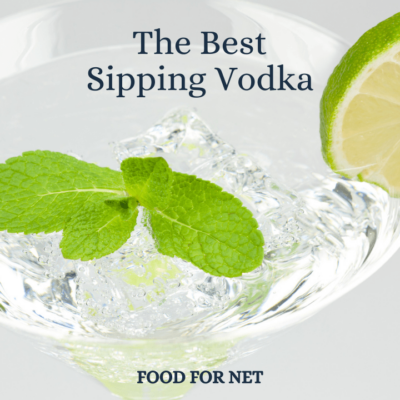


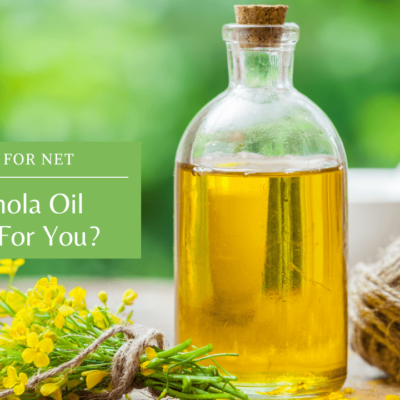
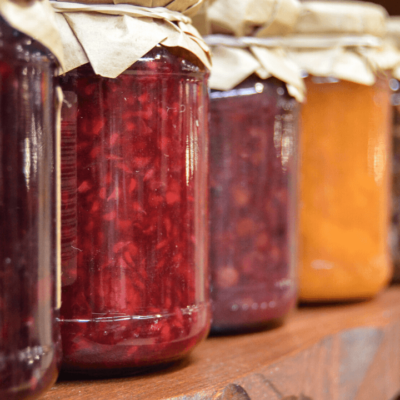
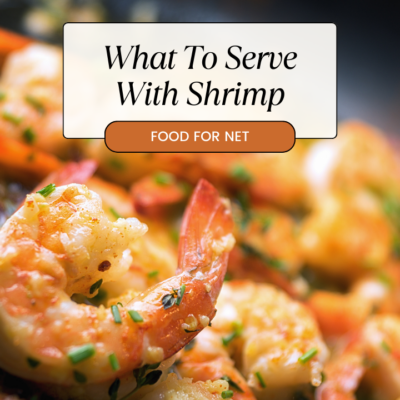






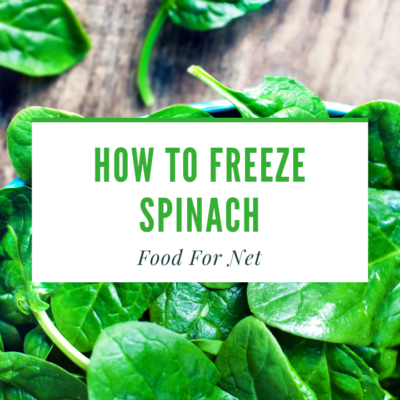

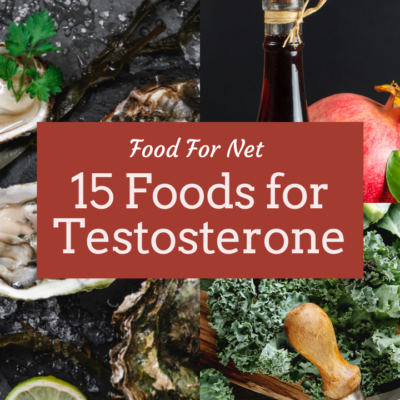

 12 Types of Nuts to Healthily Add to Your Favorite Snacks List!
12 Types of Nuts to Healthily Add to Your Favorite Snacks List!
Leave a Reply